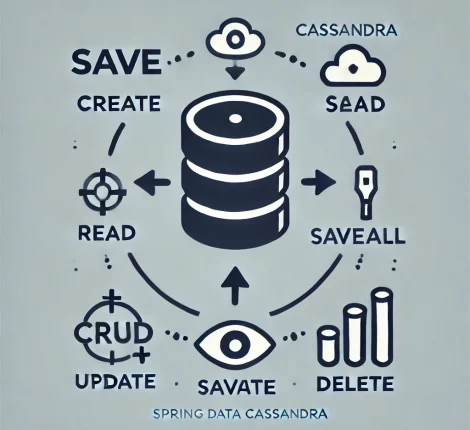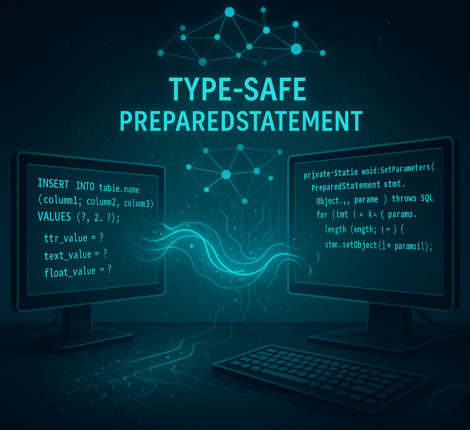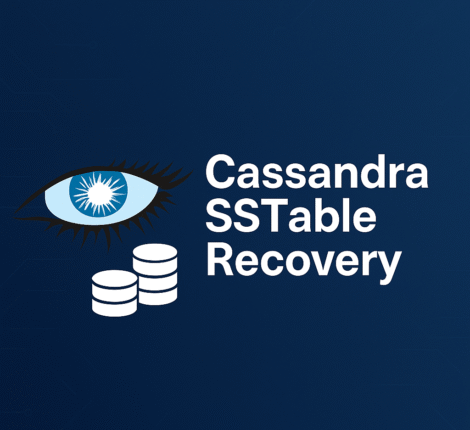Are you confused about the difference between Docker and Kubernetes? You’re not alone. These two technologies are often mentioned together, but they serve very different purposes. In this beginner-friendly guide, we’ll explain what Docker and Kubernetes are using simple language and fun analogies—perfect for non-techies or curious minds.
🚢 What Is Docker?
Docker is a tool that packages your application together with everything it needs to run. That includes code, settings, libraries, and tools. The result is called a container—a portable and self-sufficient unit.
Think of Docker Like a Shipping Container for Apps
Just like real-world shipping containers hold goods and keep them safe during transport, Docker containers hold applications so they can run consistently anywhere—your laptop, a server, or the cloud.
🧁 Bakery Analogy:
You have a cake recipe (your app). Docker is like a sealed box that contains your recipe, ingredients, and tools. Anyone, anywhere, can open the box and bake the cake exactly the same way.
☸️ What Is Kubernetes?
Kubernetes is a system for managing and orchestrating many Docker containers. It handles how and where your containers run, scales them, and heals them if they fail.
Think of Kubernetes Like a Traffic Controller for Containers
While Docker gives you the box, Kubernetes decides how many boxes you need, where to put them, and what to do if one breaks.
🧁 Continuing the Bakery Analogy:
Now you own 10 bakeries and need to manage 1,000 cake-boxes. Kubernetes is your bakery manager:
- Sends boxes where needed
- Makes more when there’s high demand
- Replaces damaged boxes
- Keeps all bakeries running smoothly
🧠 Real-Life Analogies to Understand Docker and Kubernetes
To make things even easier, here are 5 simple analogies to help you get the difference:
🍕 Pizza Restaurant
- Docker = Frozen Pizza
Pre-packaged, same result anywhere (home, office, friend’s oven). - Kubernetes = Restaurant Manager
Manages ovens, tracks demand, restocks when pizzas run low.
🎬 Netflix
- Docker = Downloaded Movie
Comes with everything—video, audio, subtitles. Works offline on any device. - Kubernetes = Netflix Service
Streams thousands of movies, adapts to internet speed, reroutes if a server is down.
🏗️ Construction Site
- Docker = Pre-made Room
Built off-site and delivered in perfect shape (kitchen, bathroom modules). - Kubernetes = Construction Site Manager
Places rooms where needed, coordinates cranes, replaces damaged modules.
🚕 Taxi Fleet
- Docker = Individual Taxi
Ready with GPS, fuel, and driver. - Kubernetes = Dispatcher System
Sends more taxis at peak time, reroutes traffic, pulls broken taxis out of service.
🎵 Music Band
- Docker = A Musician’s Set
Each musician has their own instrument and sheet music. - Kubernetes = The Conductor
Makes sure they all play in sync, brings in substitutes if someone is sick, and keeps the rhythm steady.
🧩 Final Thoughts
Docker and Kubernetes are not competitors—they work together. Docker creates containers; Kubernetes manages them.
If you’re a developer or a business owner:
- Use Docker to make your application portable and predictable.
- Use Kubernetes when you need to run many apps and want automation, reliability, and scalability.



